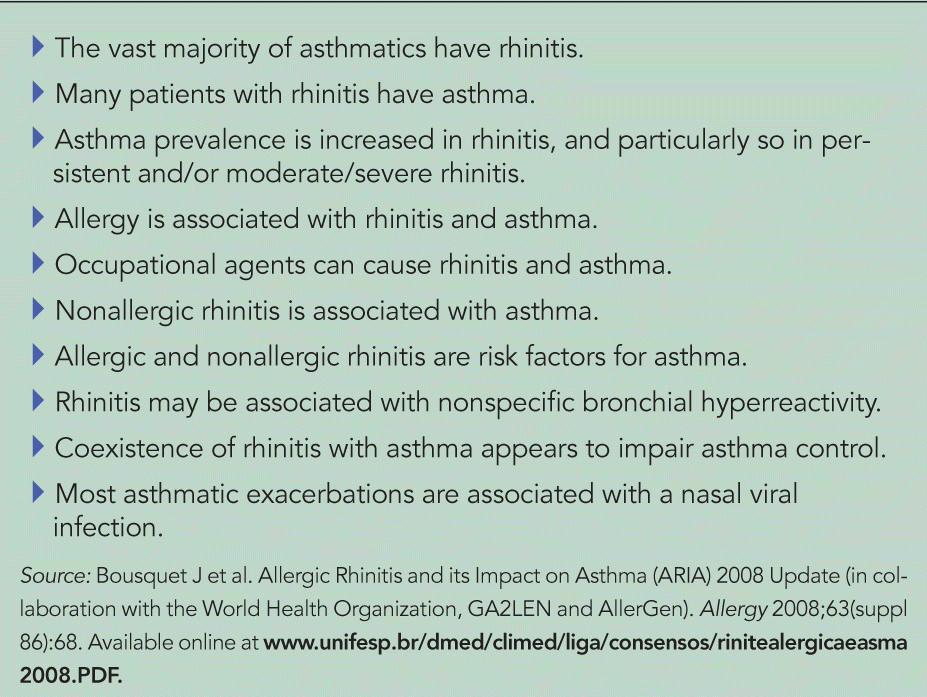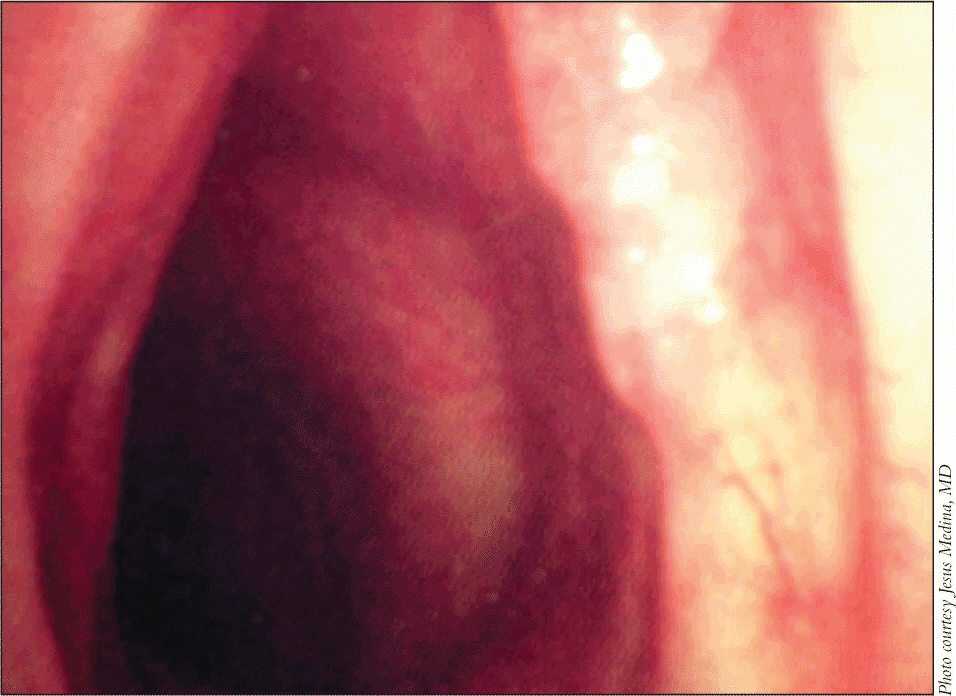Removal of the submandibular gland using an oral pathway appears to be feasible and successful, doctors have reported.


Removal of the submandibular gland using an oral pathway appears to be feasible and successful, doctors have reported.

For otolaryngologists, who are often the first-line of defense in diagnosing and treating many common respiratory ailments, differentiating the potential culprits behind sneezing, wheezing, stuffy nose, heavy chest, and chronic cough demands an ever-growing need to recognize and identify underlying conditions that include allergies and asthma.
In this age of increasing reliance on diagnostic technologies to better see pathologies of the body, there is a confounding problem of seeing too much, with too little understanding of what one is seeing and whether what one sees poses a problem.





Roger L. Crumley, MD, MBA, Professor and former Chair of the Department of Otolaryngology-Head and Neck Surgery at the University of California, Irvine School of Medicine, and current President of the American Laryngological Association, has no doubts about the advantages of laryngeal reinnervation over other treatments for unilateral vocal cord paralysis.

This issue’s Special Report is on quality improvement, an increasingly important health care issue not only in this country, but also in many other countries around the world.